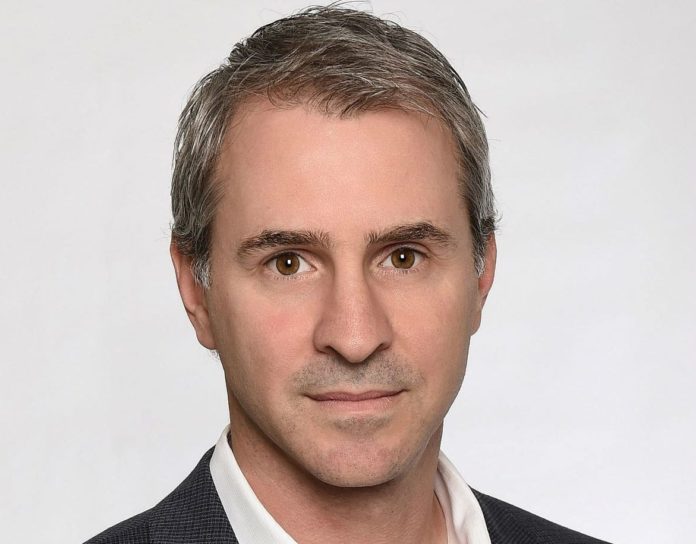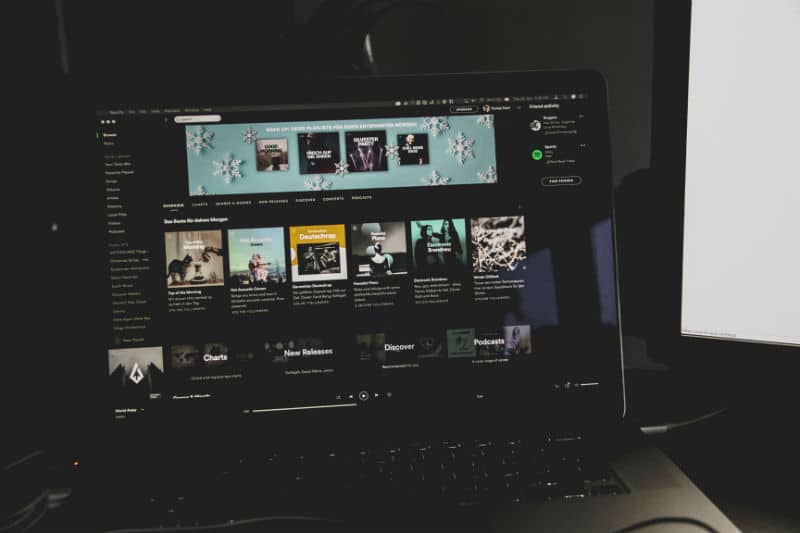
The recent buzz within the music industry is about Marc Cimino being frustrated. He is the oversees Universal Music Publishing executive which has one of the largest song catalogs in the world that collects royalties for Nicki Minaj, Adele, and Justin Bieber.
For quite some time now, songwriters have complained about how little they are making and Cimino is used to arguing for money. But, it seems like Spotify Technology SA is testing Cimino’s patience. Let’s dig deeper to understand the reasons for Cimino’s rising frustration.
Spotify has been featuring music videos atop many of its playlists, which the company said is a way to promote artists to it’s 180 million users. But, Cimino has said that given that the market value of Spotify is $32 billion, it is supposed to pay more for videos which it hasn’t. The dispute which has been festering for months is now threatening to blow up relationships that have helped the record industry climb out a two-decade hole and help Spotify soar to where it is today.
When discussing this dispute for the first time Cimino said – “We want to allow our digital partners to experiment and at the same time make sure our songwriters are paid properly, audio is different than video.’’
We think that the biggest test is yet to come. Stockholm based Spotify is about to enter into talks on new contracts with three major record labels, and the final deals will determine whether Spotify, which went public in April, can turn into a profitable service.
On asking Hartwig Masuch who is the chief executive officer of BMG Rights Management, he said – “They have a long way to go.”
This was followed by asking executives on both sides i.e. at Spotify and labels how their relationship has been, all executives will say that their relationship has seldom been rocky. Well, some of the mistrust is natural as record companies are viewing technology companies like Spotify get rich from their work since 2000. However, Spotify’s revenue already gets paid out of royalties and this year the streaming giant is expected to lose USD $400 million this year.
On asking Amy Yong who is a Macquarie analyst on what she thinks about this situation, she said – “It’s a strange relationship because the record labels want Spotify to succeed, but not too much, It gives them too much leverage.”
Studying the landscape at this given moment we realize that the easiest way for Spotify to save money would be to cut labels out of the process entirely. While Spotify has made it clear that they do not want to take functions of a record label, the company has developed tools to help artists plan tours, collect royalties, fund music videos and recording sessions and hold workshops with Songwriters. Well, we can imagine, why the record labels are nervous.
You may have heard earlier this year that Spotify had been licensing music from some artists directly. While they cleared this by saying licensing music does not make us a record label, this may have angered a few music companies which may not play well in Spotify’s favor when the contract talks begin.
If we had to see the other side of the coin, record companies know that they cannot completely cut Spotify out as they control too much music and offer resources that artists need. Having said that, artists like Chance the rapper are dealing with Spotify directly and are successful which may pose a threat to labels.
Taking a quick peek at the last deal, Spotify gave labels more equity in the company as well as free access to listener data in exchange for low royalty rates. But now the stocks are soaring, and Daniel EK is not willing to compromise, which may mean cutting labels out of the process. Meanwhile, record industries are thriving again and may be reluctant to give Spotify another rate cut.
The contract talks with Spotify and Universal records begin this fall followed by Sony and Warner. Perhaps what is more interesting is that Vivendi is planning to sell as much as 50% of Universal.
Additionally, one more interesting thing is that, there might be one person that may help bridge the gap during these contract talks, and that is Troy Carter who joined Spotify as an executive when Spotify was being sued by songwriters. He spent a lot of money on marketing artists while Spotify kept growing.
Cimino added on this entire situation by saying – “This isn’t the first time, nor will it be the last where we are involved in a discussion or negotiation with them on how songwriters are fairly compensated,”
That is definitely true. The upcoming contract talks are definitely going to be something to watch out for. We can’t wait to find out how these agreements work and what more Innovation comes out for artists this year. It is difficult to say what role the labels and Spotify are going to play in artists’ lives. Who do you think is going to hold most power? Tell us below!
- Gaming Just Became More Fun With Spotify Available On PlayStations In India - August 27, 2022
- Michelle And Barack Obama Will Now Produce Podcasts For Spotify - June 8, 2019
- Now Get Your Favorite Artist Engraved On A Necklace - June 6, 2019








I’ve been in the Music Recording business since 1962. At least it used to be a business. We did much better when the mob was the distribution vehicle. We had facilities with talented professionals at every phase of the creation procedure. In 1966, working at WICH, a small station in Connecticut, we auditioned over 500 singles a week. The present distribution system does not even come close to supporting a creative process like that. Radio like that barely exists today. Every one involved in the creative process should be able to make a living from their work. Free distribution of low to medium low resolution MP3 can serve as the 21st century radio station. The higher quality product needs to be licensed to a person (not a device) for use on any device but not copy-able. In this process we all need to get paid. RCA, when they invented the 45 sold a changer for around $35, that you could hook into any radio or existing phonograph. Nobody needs to play a 96/24 or higher file on the phone. All home theater systems have a DVD or Blu-Ray player. DVD Audio already supports up to 192/24. Something has to be done to entice music creators to make recorded music again. Getting paid will certainly help. Pay a visit to Manhattan’s Lower East Side bars to hear what your missing. The bands sell their no label CDs after the gig. Ask if they want to put it out. They answer “There’s no money in that”.